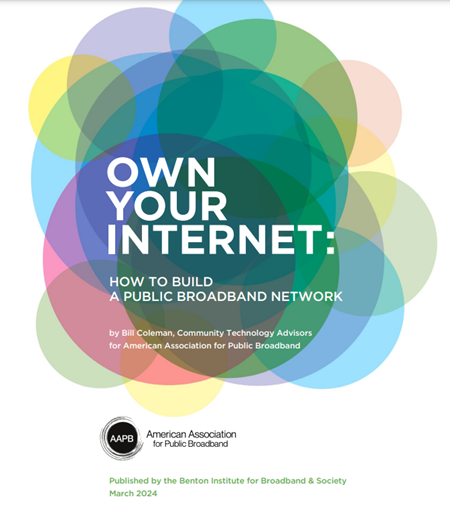UTOPIA Fiber Welcomes Three Additional ISPs, Expands to 18 Partner ISPs
Data has long proven that open access fiber networks result in faster, better, and more affordable broadband service in the markets where they operate. Nothing has proven this more consistently than Utah-based UTOPIA Fiber, an inter-local agency collaborative venture that just added three additional partner ISPs.
With the three more independent ISPs joining the network, 18 different providers now offer affordable fiber service to residents in the 21 cities UTOPIA serves.
“After a careful vetting process through an RFP, WiFi Pros (Bountiful City), ETS (Layton City), and Fusion Networks (Salem City) were invited to join the UTOPIA Fiber network, effective May 1, 2024,” the organization said in a recent announcement.
The ISPs that compete over the UTOPIA open access fiber network offer a variety of different speed and pricing options, and its three new partners are no exception. Most of the pricing is dramatically lower than what’s generally been made available in U.S. broadband markets – including well developed major metropolitan markets like New York City.




